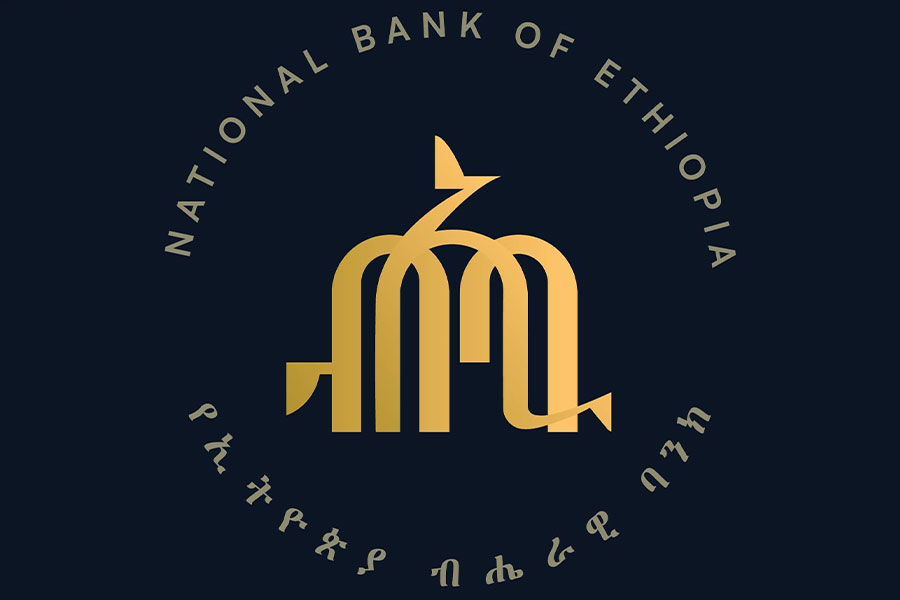
Feb 16 , 2025
By Kidist Yidnekachew
Addis Abeba has undergone a admirable transformation. The construction has boomed, making the city almost unrecognisable to anyone returning after an absence. New roads cutting through once-clogged areas, gleaming skyscrapers piercing the skyline, and sprawling infrastructure reshaping the urban landscape.
While some priorities may have been misplaced, certain historical sites, like Fasiledes Gibi, perhaps didn’t require such extensive restoration, the progress is undeniable. The revitalisation of Bole Road, though disruptive during construction, has improved traffic flow and created a more modern, aesthetically pleasing thoroughfare.
Walking through newly developed parks, seeing clean streets, and watching children play in newly built playgrounds is uplifting.
However, this visible transformation raises a question: has personal growth kept pace with the city’s physical changes? A decade ago, what were the skill sets, the aspirations? Have people evolved to meet the demands of this rapidly changing urban environment? Or are people stuck in the same jobs, routines, and outdated mindsets that limit their ability to thrive?
This is not to dismiss tradition, many old ways are valuable, and cultural preservation is crucial. But true modernity is not just about skyscrapers and infrastructure; it is a shift in thinking, an openness to innovation, and a willingness to adapt.
Many have embraced technological advancements. Mobile money services, for instance, have revolutionised financial transactions, empowering previously marginalised groups. The integration of technology in education and business shows a growing embrace of modern tools.
Yet, others remain resistant to change, clinging to outdated methods even when more efficient alternatives exist. This duality defines the evolving society, a blend of progress and reluctance, modernity and tradition, pushing forward while holding on.
People often gravitate towards negativity, engaging in relentless and sometimes merciless criticism. I struggle to understand this all-or-nothing approach.
Why people can not voice concerns about inflation, the rising cost of living, and the struggles of ordinary citizens while also acknowledging the government’s development efforts?
Lack of unwavering support for the government does not equate to opposition, and vice versa. Constructive criticism, focused on specific areas for improvement, is essential for sustainable progress. There are aspects of the city’s transformation I wish had been handled differently. The displacement of communities during certain projects, for instance, is a serious concern that requires redress.
In retrospect, events like the devastating two-year conflict in the Tigray Regional State cast a long shadow, indicating the fragility of peace and the urgent need for national reconciliation. Yet, the sheer ambition behind some of these massive projects is, in its own way, admirable. The scale of the undertaking is awe-inspiring, a bold attempt to reshape the capital and propel it into the future.
Critically, the voices of ordinary citizens need to be heard more effectively. While some Parliament members raise concerns, there is no strong, consistent representation for everyday struggles. Ethiopia needs mechanisms to ensure that marginalised communities are not overlooked, that the voices of those struggling to make ends meet are amplified, and that the government is held accountable.
I understand that governing a country is infinitely more complex than running a household; it is not a pizza everyone can agree on. No matter the decision, there will always be dissent. But there is always room for improvement. Better responsiveness to the needs and aspirations of the people is possible. The Chaka project, for instance, shows what can be achieved when ambition meets effective planning and community engagement.
PUBLISHED ON
Feb 16, 2025 [ VOL
25 , NO
1294]


Photo Gallery | 180959 Views | May 06,2019

Photo Gallery | 171151 Views | Apr 26,2019

Photo Gallery | 162293 Views | Oct 06,2021

My Opinion | 137339 Views | Aug 14,2021

Dec 22 , 2024 . By TIZITA SHEWAFERAW
Charged with transforming colossal state-owned enterprises into modern and competitiv...

Aug 18 , 2024 . By AKSAH ITALO
Although predictable Yonas Zerihun's job in the ride-hailing service is not immune to...

Jul 28 , 2024 . By TIZITA SHEWAFERAW
Unhabitual, perhaps too many, Samuel Gebreyohannes, 38, used to occasionally enjoy a couple of beers at breakfast. However, he recently swit...

Jul 13 , 2024 . By AKSAH ITALO
Investors who rely on tractors, trucks, and field vehicles for commuting, transporting commodities, and f...

Nov 1 , 2025
The National Bank of Ethiopia (NBE) issued a statement two weeks ago that appeared to...

Oct 25 , 2025
The regulatory machinery is on overdrive. In only two years, no fewer than 35 new pro...

Oct 18 , 2025
The political establishment, notably the ruling party and its top brass, has become p...

Oct 11 , 2025
Ladislas Farago, a roving Associated Press (AP) correspondent, arrived in Ethiopia in...

Nov 2 , 2025
The National Bank of Ethiopia (NBE) has scrapped the credit-growth ceiling that had s...

Nov 2 , 2025 . By SURAFEL MULUGETA
The burgeoning data mining industry is struggling with mounting concerns following th...

Nov 2 , 2025 . By YITBAREK GETACHEW
Berhan Bank has chosen a different route in its pursuit of a new headquarters, opting for a transitional building instea...

Nov 2 , 2025 . By BEZAWIT HULUAGER
Nib International Bank S.C. has found itself at the epicentre of a severe governance...